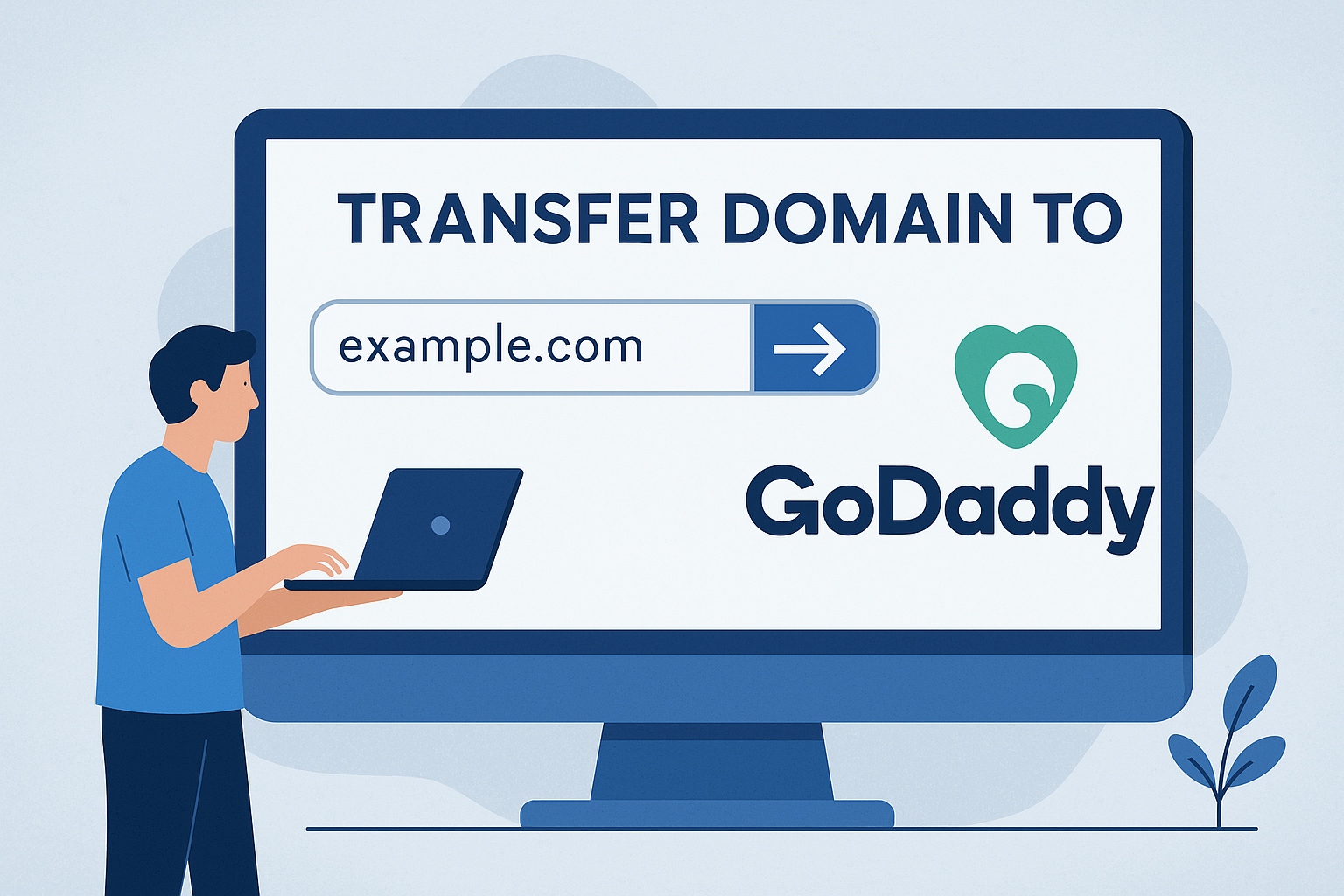Advertising disclosure
Hosting Canada is community-supported. We may earn a commission when you make a purchase through one of our links. Read Disclosure.
Shared Hosting vs Managed Hosting; Which is Best for Your Website?
I’ve been creating custom websites for businesses of all shapes and sizes across North America for two decades and in my experience, choosing the right web host for your business is just as important as creating a successful website design.
In most cases, website owners will choose between a shared hosting environment and a managed hosting platform. Part of my role as a web designer and project manager is to make sure I’m providing my clients with the best advice to base their decisions on in order to drive a successful project.
In doing so, I have the conversation about hosting on a weekly basis with my clients as it’s important for our team to understand the production environment for the website we’re creating in order to fine-tune each and every website to perform at its best depending on where it ends up living on the web.
In the broadest sense, I find that new clients are focused primarily on cost, which is completely natural. I often begin these conversations by setting the stage with the age-old adage “you get what you pay for,” which is the absolute truth when it comes to web hosting.
No matter if you’re looking for a cheap space to park your personal cooking blog or a high-performance server to power your highly optimized e-commerce website, there is a best fit solution. Before we get into the details on which web hosting solution is best for your website, let’s look at the difference between shared and managed hosting.
Shared vs. Managed Hosting: In-Depth Look
What is Shared Hosting?
Shared website hosting is almost always cheaper than managed hosting as it allows the hosting provider to maintain lower costs to customers by parking more websites on a single server.
Imagine an apartment that is up for rent for $1,000 per month. In a shared hosting scenario, the “landlord” could rent out space in that apartment to many different people bringing the monthly share of rent down exponentially depending on how many tenants occupied the space.

For example, if the same apartment was rented to ten people the monthly cost for each tenant would be $100. If the apartment was rented to 50 tenants the monthly cost for each would be $20.
Now, if we look at a shared hosting platform with thousands of websites sharing a single server we can easily understand how shared hosts, like Bluehost, can offer monthly hosting packages as low as $5.
Who Can Use Shared Hosting?
Shared hosting can be a great fit for hobby websites, personal blogs and even startups – heck, when I started my Toronto-based web design company, Parachute Design I used shared hosting for the first few years to get my agency off the ground.
When a website owner is budget-focused and enterprise-level performance is not paramount to the success of the website a shared hosting environment offers a great solution for many websites and new or small-scale businesses alike.
Shared web hosts most often rely on a hosting control panel called cPanel that will allow website owners to login and configure their hosting environment to some degree as well as install or use pre-packaged features that are approved for use on the server. This may include spam filters, WordPress installers or payment gateways.
Related: cPanel vs. Plesk
To the average person, however, most, if not all of these tools in the cPanel interface are not very intuitive and require a basic level of server and web knowledge to set up and configure. This can be a drawback to shared hosting if you are not working with a more experienced web designer or developer to setup your website.
Shared Hosting Disadvantages
The key item to keep in mind with shared hosting is that all the websites on the server will share the same server resources. These resources encompass things like disk space, RAM and other performance-based items that have a direct impact on the overall performance of each website.
The more websites that reside on a shared server the more resources are diluted for everyone.
Additionally, website security is generally a little looser on shared hosting platforms as the host is essentially allowing thousands of different people access to the same environment.
There are firewalls and other software in place to limit the areas on the server each customer can access – for example, users cannot access each other’s space – but this is a concern with web security in general as if one website or hosting account were to become vulnerable, it is essentially putting all the other websites and accounts on the server at risk as well.
What is Managed Hosting?
Managed hosting differs from shared hosting in a number of ways. First and foremost, managed hosting can still exist in a shared environment, but the providers that offer shared managed hosting generally have better containment within each hosting account or droplet to ensure each website has access to the resources and security measures needed.

Managed hosting can also feature a quality dedicated hosting environment which means each website is granted its own space independent of all other websites the provider may be hosting and resources are not shared between accounts.
Who Can Use Managed Hosting
At its core, managed web hosting offers customers a broader set of web services, website performance enhancements and other software-specific optimizations to boost speed and performance for website owners.
Specifically, the most common type of managed hosting is for WordPress websites. Managed WordPress hosts like Kinsta offer a very competitive hosting service starting at $30 per month that includes industry-leading optimizations to make WordPress websites run like race cars.
Often, within a managed hosting environment it is commonplace to find better automations like daily site backups, security scans and updates as well as one-click migrations to private staging or development environments to run website updates or sandbox new content away from public view.
Related: WordPress.com to WordPress.org Migration Guide
These tools are also presented and operate in a much more user-friendly way that allows Joe Public to login and manage his website hosting and performance without the help of a web developer.
All that said, how do you choose which type of hosting is best suited for your website? The easiest way is to look at the pros and cons of each hosting product.p
Pros and Cons of Shared Hosting
Primarily, when it comes to comparing shared versus managed hosting options the key factors revolve around price and features.
Shared Hosting Pros
- It’s a safe bet that any shared host will offer significantly lower monthly hosting fees.
- Shared web hosts sometimes provide the ability to host multiple websites for a flat fee.
- Shared hosts rarely set finite traffic limits meaning as your website traffic grows, your hosting fees should stay consistent.
Shared Hosting Cons
- As a shared host’s primary concern is providing hosting services at a minimum cost, be prepared to take a hit when it comes to website performance and resources.
- Websites on a shared hosting environment can often perform unpredictably as server resources fluctuate with the volume of sites hosted and activities happening on other websites using the same environment.
- Shared hosting services rarely include value-based automations like automatic software updates, plugin security alerts and automatic backups.
- Shared hosting plans generally do not offer private staging or development environments meaning your monthly maintenance costs may be higher as your web designer will need to do more of the hands-on management work.
- Shared hosting environments will not offer optimized resources and environments to make your website perform at its best. This has a direct impact on how well your website can perform in organic search results and general user experience for visitors.
Pros and Cons of Managed Hosting
Naturally, the pros and cons list for managed web hosting tends to appear more variable than that of a shared host.
Managed Hosting Pros
- Reliable server architecture that is configured and designed specifically for the type of software you are using to power your application or website resulting in better performance and up-time.
- Faster page load speeds due to server-level caching applications baked right into the hosting environment.
- Automatic software updates and other security notifications based on technologies specific to your website.
- Automated daily or manual backup services to ensure your website and data is safe and secure.
- Additional security features to keep malicious attacks at bay and prying eyes away from your website such as firewalls, website hardening and automated malware scans.
- A more intuitive and easy to use hosting control panel geared towards Joe Public and power users alike.
- One-click migration assistants to push a fresh copy of your production website to staging or development environments away from public view.
- Enterprise-level technical support services.
Managed Hosting Cons
- In most cases managed website hosting services will cost significantly more than shared hosting services.
- Managed hosting providers will offer tiered hosting services with caps on resources, traffic and storage space to ensure each website is supported to the fullest.
- Managed hosting environments are most often geared towards common software and CMS platforms like WordPress. Users cannot host closed-source websites or applications for example.
- To maintain security some managed web hosts like WP Engine will limit the number of or types of plugins you are allowed to use on the website.
How to Choose the Right Shared or Managed Web Host for Your Website
As server hardware and technology have advanced in recent years website owners have more variety and customizable options to choose from when it comes to website hosting options. If you’re still unsure which platform is best for your website my rule of thumb to follow is simple.
If you are counting on your website to drive your business, whether it’s generating revenue through online sales or driving a lead generation campaign a managed web hosting company will be able to provide you with all the necessary tools to run a highly optimized website that has all the potential to impress visitors and rank well in search engines.
If your website is purely recreational or a hobby, a shared environment will suit your needs just fine without breaking the bank on unnecessary tools and performance enhancements.









